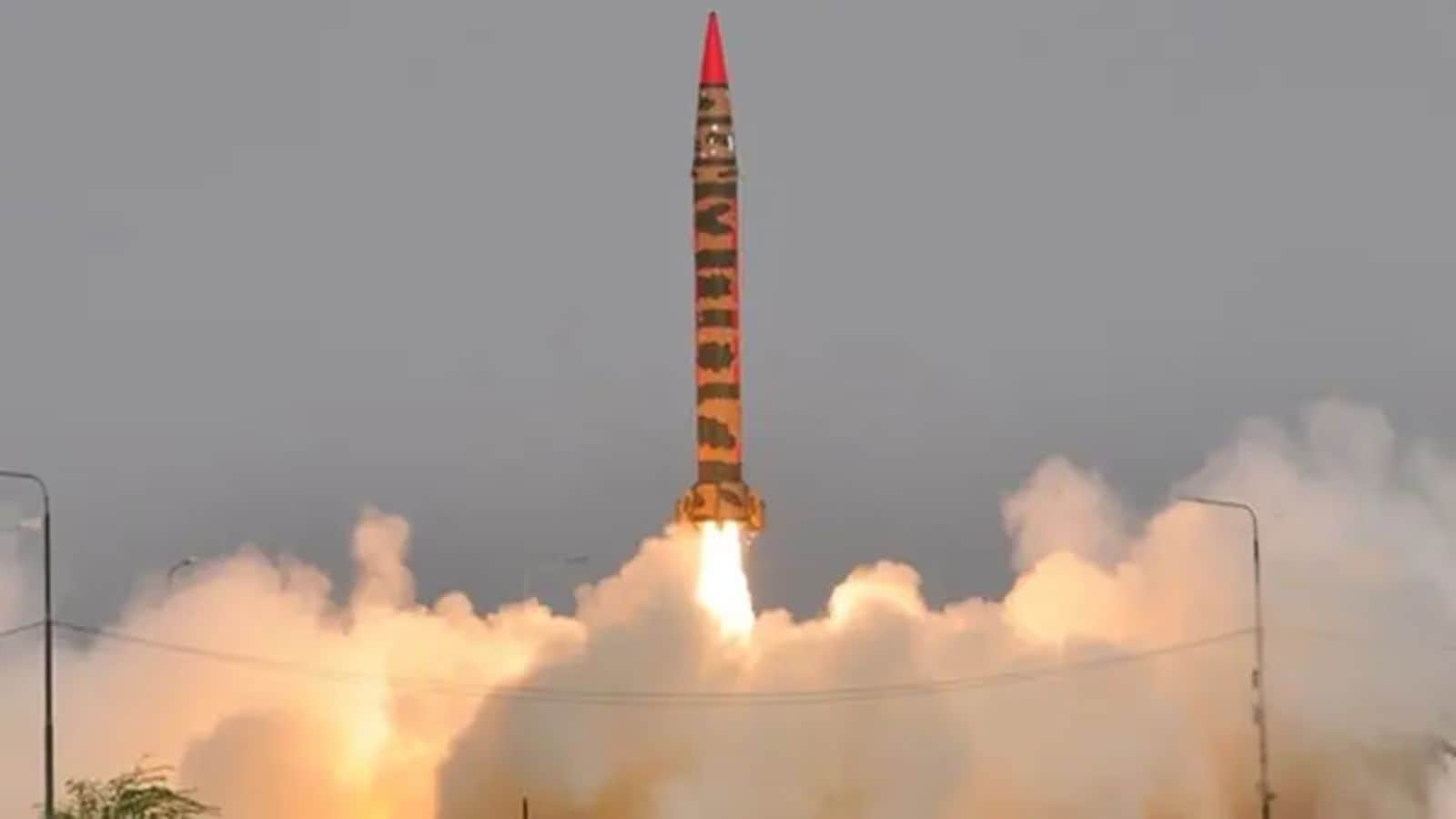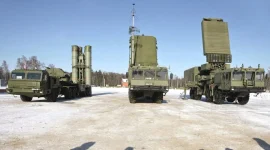- Views: 958
- Replies: 10

Recent US sanctions targeting Pakistani entities involved in long-range missile programs are not isolated punitive measures, but rather a calculated move within Washington's broader Indo-Pacific strategy, according to Adnan Aamir, a prominent journalist, researcher, and commentator based in Islamabad.
Aamir argues that these sanctions could significantly alter the geopolitical balance in South Asia, potentially favouring India.
The sanctions, which freeze US assets and prohibit American companies from doing business with designated Pakistani organizations, primarily focus on entities linked to the development of ballistic missiles.
These missiles are considered crucial to Pakistan's defence strategy, particularly against perceived threats from India. By hindering Pakistan's ability to modernize its missile technology, the US may be inadvertently or deliberately shifting the regional power dynamic.
"The decision by Washington to sanction these entities is part of its larger strategic calculus in the Indo-Pacific region," Aamir explains. "The U.S. seeks to maintain a balance that aligns with its interests, particularly in countering China’s influence, but in doing so, it might inadvertently or directly tilt the power dynamics towards India.”
This move has sparked a debate about its potential consequences. Some Pakistani analysts believe the sanctions could push Pakistan closer to China, further complicating US efforts to manage its relationship with both nations. Pakistan and China already share a strong military collaboration, and increased reliance on Beijing could further solidify this alliance.
Furthermore, the sanctions raise concerns about strategic imbalance in South Asia. "By restricting Pakistan’s missile program, the U.S. is effectively enhancing India’s strategic position," Aamir observes. He points to recent US-India defence deals that have bolstered India's military capabilities, potentially allowing it to exert greater influence in regional conflicts.
Pakistani critics argue that the sanctions appear to be selectively enforced, given that India's own nuclear and missile advancements have not faced similar scrutiny from the US. This perceived double standard raises questions about the fairness and consistency of US foreign policy regarding non-proliferation and regional security in South Asia.

